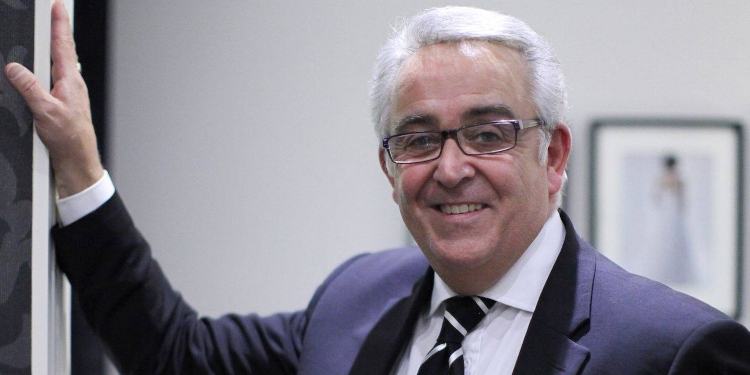High street retailers are at a pivotal moment as consumer behaviours evolve rapidly according to Ivor Boyd. The surge in online shopping, heightened emphasis on sustainability, and a desire for personalised experiences necessitate that traditional stores adapt to stay relevant.
Ivor Boyd, a prominent retailer from Northern Ireland and Managing Director of Logans Fashions, underscores the importance of change in the retail industry. “Retail has always been about more than just transactions—it’s about experience, trust, and connection. Consumers are increasingly looking for brands that offer convenience and value but also align with their personal values.”
The convenience of online shopping has reshaped consumer expectations, pushing high street retailers to integrate digital solutions with their physical stores.
Offering online purchasing, click-and-collect services, and digital styling consultations can bridge the gap between in-store and online shopping, providing customers with flexible engagement options.
Boyd notes that many shoppers now prefer a hybrid approach, researching online while valuing the tactile experience of in-store shopping before finalising their purchases.
Sustainability has become a significant factor in purchasing decisions, with consumers scrutinising the origins and production methods of products.
Ethical sourcing, eco-friendly packaging, and transparent production processes have transitioned from appreciated perks to expected standards.
Boyd observes, “Shoppers are more conscious than ever about their purchasing decisions. They want to know that the brands they support are taking responsibility for their impact on the environment and the wider world.” Retailers demonstrating genuine commitment to responsible practices are likely to cultivate deeper trust and loyalty among their clientele.
Personalisation has emerged as a crucial element in enhancing customer satisfaction. In an era where online algorithms offer tailored recommendations, high street retailers must emulate this level of individual attention in-store.
“Consumers are drawn to brands that recognise them as individuals. Personalised service, whether through expert advice, styling sessions, or curated recommendations, creates a shopping experience that simply can’t be replicated by an algorithm,” Boyd asserts. This personalised approach not only differentiates physical stores from online competitors but also fosters repeat visits and brand loyalty.
Economic uncertainties have also influenced consumer spending habits, prompting shoppers to be more discerning about their expenditures.
The rising cost of living has made value a priority—not just in terms of pricing but also concerning product quality and the overall retail experience.
Boyd explains, “Fast fashion has lost its appeal for many consumers. They’re looking for timeless, well-crafted pieces that will last. Investing in quality over quantity is a shift we’re seeing more of, and it’s a change that’s here to stay.”
The high street is undergoing a transformation rather than a decline. To remain competitive, retailers must embrace change by blending digital convenience with the unique advantages of in-store shopping.
Boyd believes that those who adapt to evolving consumer expectations will not only survive but thrive in the coming years, ensuring that high streets continue to play a vital role in the retail landscape.
This sentiment is echoed by industry analyses, which highlight the necessity for retailers to swiftly respond to cultural trends and consumer demands.
Adopting agile approaches to product development and marketing, leveraging data and technology, enables retailers to align with evolving consumer preferences and cultural moments according to a retail trends report by Deloitte.
Moreover, the shift towards retail parks over traditional high street stores is becoming evident. Established brands are opening flagship stores in retail parks, offering a broader range of products and a more immersive shopping experience.Odgers Interim backs up Boyd’s statements and says this trend is driven by the capacity of retail parks to accommodate larger store units, attracting more customers through existing infrastructure like public transport and convenient parking.
David Prior
David Prior is the editor of Today News, responsible for the overall editorial strategy. He is an NCTJ-qualified journalist with over 20 years’ experience, and is also editor of the award-winning hyperlocal news title Altrincham Today. His LinkedIn profile is here.












































































